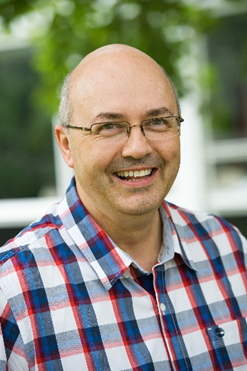British Plutonium:
75 Years of Science, Technology, Policy and Politics
About the lecture
Jointly convened by the Universities of Lancaster, Manchester and Sheffield.
The UK first made plutonium in the early 1950s to support its nuclear weapons programme. Over the following decades, the nuclear programme transitioned to generation of electricity from nuclear power, but the UK continued to separate plutonium from used nuclear fuel and now holds 140 tonnes- only the Russian military stockpile is larger. Use in fast reactors, which massively increases the energy available from nuclear fuel, was the original rationale for separation but the economic climate around nuclear energy changed in the 1980s, and fast reactors became much less attractive. As a result, the UK plutonium stockpile continued to grow until 2022. In January 2025, Government decided to manage this stockpile as waste, a decision with major financial, technical and environmental implications.
The lecture will cover the context and history of the UK's plutonium programme, from its origins in development of nuclear weapons, through plutonium's potential use as reactor fuel, to the 2025 decision to dispose of most of the UK's separated plutonium as a waste.
About the Speaker

Professor Francis Livens has held a radiochemistry position at The University of Manchester since 1991. He worked for over 25 years in environmental radioactivity and actinide chemistry, starting his career with the Natural Environment Research Council, where he was involved in the response to the Chernobyl accident. At The University of Manchester, he has worked in many aspects of nuclear fuel cycle research, including effluent treatment, waste immobilisation and actinide chemistry - especially plutonium chemistry.
Professor Livens is the chair of the Nuclear Innovation & Research Advisory Board advising Government, a Non-executive Director of the Nuclear Decommissioning Authority and a member of the Office of Nuclear Regulation Independent Advisory Panel. He has performed numerous other important advisory roles in the UK and internationally. He previously served as Director of the Dalton Nuclear Institute, where he was responsible for coordination of nuclear research and education across The University of Manchester. He was particularly focused on the linkages between Science & Engineering and Humanities, addressing the societal, cultural and organisational aspects of implementing nuclear technologies in modern societies.
Professor Livens is a Fellow of the Royal Society for Chemistry and Member of the Institute of Strategic Studies.
Photo credit: University of Manchester
Location
Lecture Theatre, The Storey
Meeting House Lane, LA1 1TH



